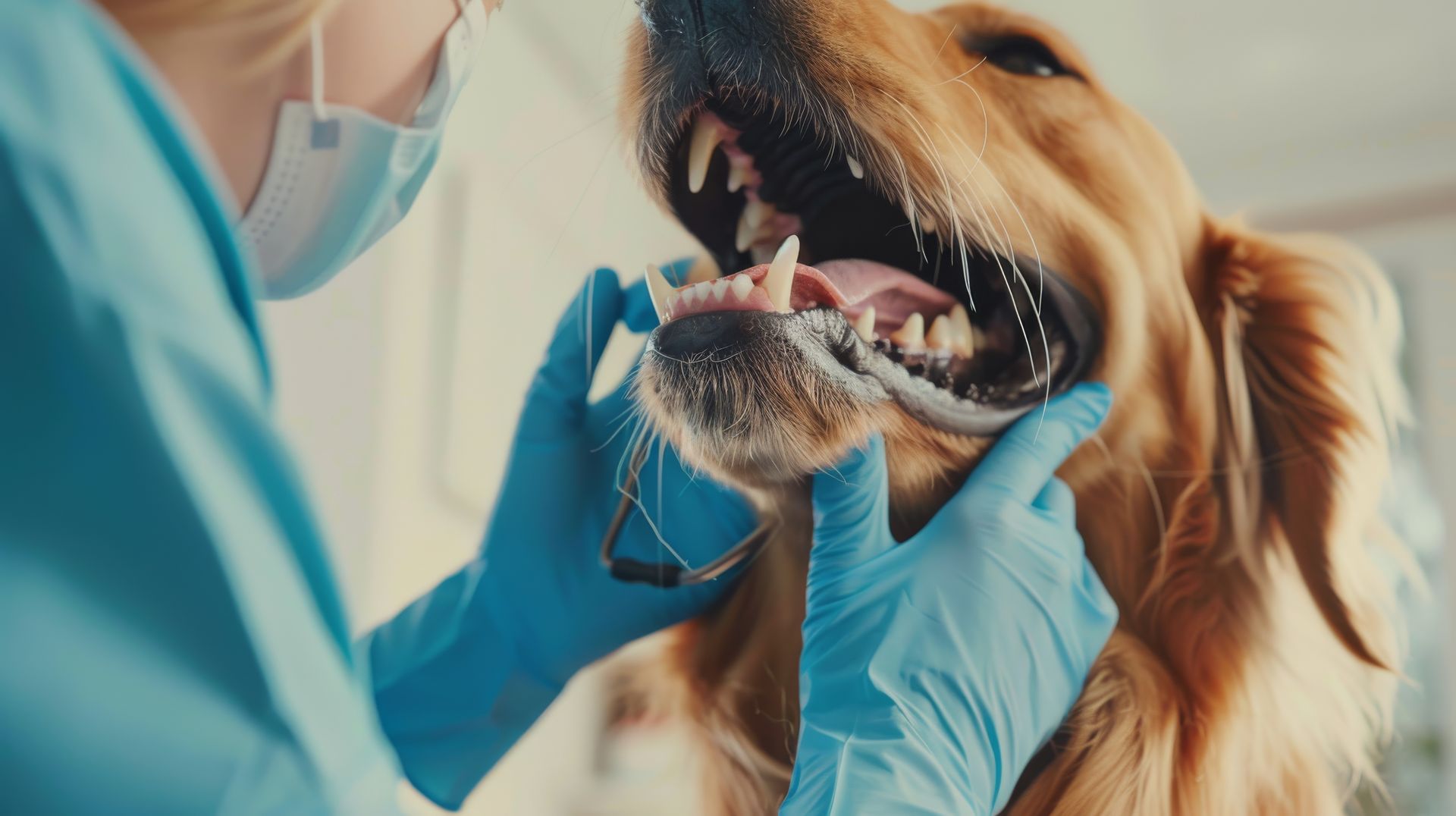Puppy and Kitten Care 101: Building a Healthy Start That Lasts a Lifetime
Key Points
- The first few months set the stage for a lifetime of good health
- Early vet visits, vaccines, and parasite prevention are essential
- What you feed and how you train matters more than you might think
- Socialization and routine care help your pet grow into a happy, confident adult
- Our Castle Hills team is here to help every step of the way
Those First Few Months Really Matter
Bringing home a new puppy or kitten? First off—congrats. You’re in for a lot of snuggles, some chaos, and a whole lot of joy. But we’ll be honest: the early days are important. What you do now plays a big role in how healthy and well-adjusted your pet becomes down the road.
At Castle Hills Pet Hospital, we’ve walked hundreds of new pet parents through this journey. Whether it’s your first fur baby or your fifth, here’s what you need to know.
Start With a Vet Visit (Yes, Even If They Seem Totally Healthy)
We recommend scheduling your new pet’s first check-up within the first week or two of bringing them home. Even if they look great, a full exam helps us catch anything early—and gives you a chance to ask questions.
Here’s what we usually cover:
- A nose-to-tail physical exam
- A plan for vaccines and parasite prevention
- Screening for things like worms or fleas
- Feeding advice based on their size and breed
- Tips for behavior, training, and socialization
It’s also a chance to talk about when to spay or neuter, how often to come in, and what’s normal (vs what’s not).
Vaccines: Small Shots, Big Protection
Puppies and kittens aren’t born with strong immune systems, which makes them more vulnerable to certain diseases. Vaccines protect against illnesses that can be serious—or even deadly.
We’ll build a schedule that fits your pet, but here’s a general idea:
For puppies:
- Distemper
- Parvovirus
- Hepatitis
- Rabies
For kittens:
- Feline herpesvirus
- Calicivirus
- Panleukopenia
- Rabies
Boosters are spaced out every few weeks until your pet is around 16 weeks old.
Fleas, Ticks, Worms… Oh My
Parasite protection isn’t just a summer thing. Puppies and kittens are magnets for fleas, ticks, and intestinal worms. Some of these can make people sick too—especially kids—so it’s something we take seriously.
We’ll help you choose a safe, effective preventative that’s right for your pet’s age and size. Most are monthly and easy to give. And if we find anything on their first visit (like worms), we’ll take care of that right away.
What You Feed Now Makes a Difference Later
Not all pet food is created equal. Growing pets need the right balance of protein, fat, and nutrients to support healthy bones, organs, and brain development.
Stick with a food made specifically for puppies or kittens. Adult formulas don’t give them what they need right now. If you’re not sure what to buy, ask us—we’re happy to make some solid, vet-approved recommendations.
Don’t Wait on Training or Socialization
Training isn’t just about “sit” and “stay.” Socialization—learning to be calm around new people, other pets, and different situations—is just as important.
Start slow and keep it positive:
- Short car rides
- Gentle handling
- Meeting new people and animals (once vaccines are started)
- Getting used to grooming, nail trims, and being touched
The first 3–4 months are a key window for shaping behavior. What they learn now stays with them for life.
When to Spay or Neuter
We usually recommend spaying or neutering around 5–6 months old, but that can vary based on your pet’s size and breed. We’ll walk you through your options during one of your early visits.
Spaying and neutering not only helps prevent unwanted litters, it also lowers the risk of certain health issues and can improve behavior.
FAQs About Puppy and Kitten Care
When should I bring my puppy or kitten in for the first time?
Ideally within the first week or two of bringing them home. Sooner if you notice anything off.
What if I adopted an older puppy or kitten?
No problem. We’ll adjust the care plan based on their age and needs.
Do indoor pets still need vaccines and preventatives?
Yes. Fleas, ticks, and mosquitoes still find their way indoors, and some diseases can spread even without direct outdoor exposure.
How often will I need to come in?
Expect to visit us every few weeks for the first few months for vaccines and check-ins, then we’ll move to annual wellness visits.
We're Here to Help You Get It Right From the Start
Raising a happy, healthy pet doesn’t mean doing everything perfectly—it just means starting with a strong foundation. And you don’t have to do it alone.
Our team at Castle Hills Pet Hospital is here to support you, answer your questions, and cheer you on as you welcome your new furry family member.
Ready to schedule that first visit?
Book an appointment at castlehillsvet.com or give us a call. We’d love to meet your newest little sidekick.











